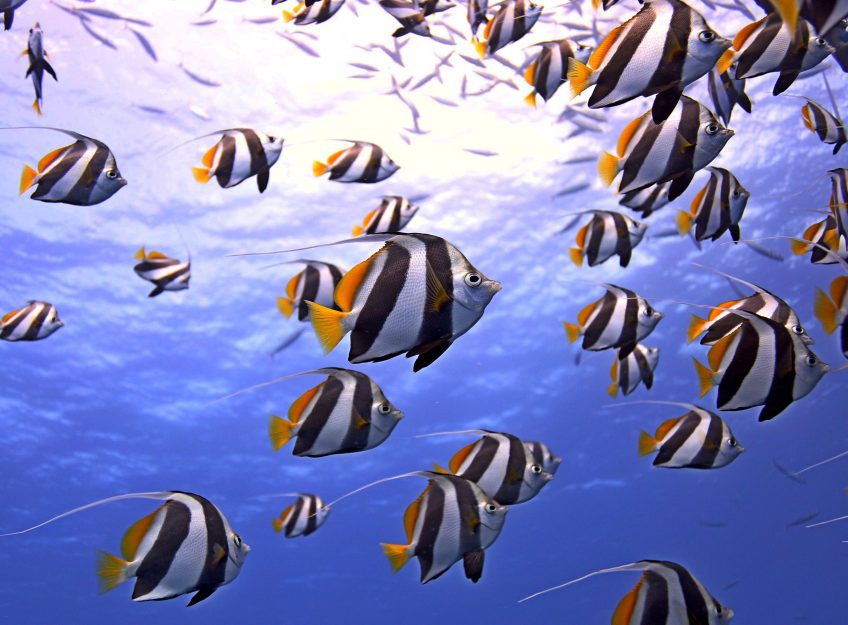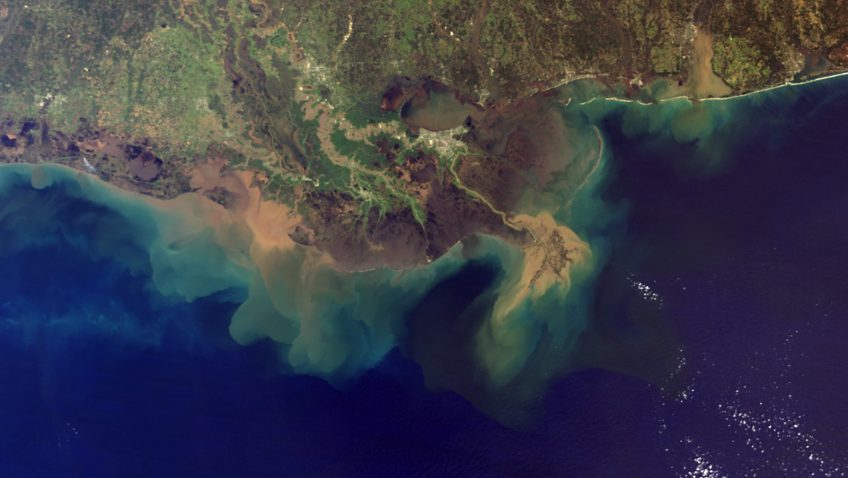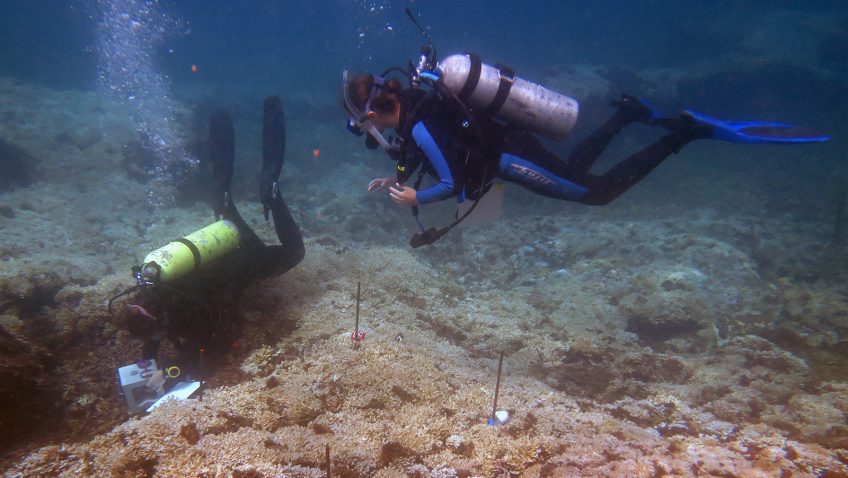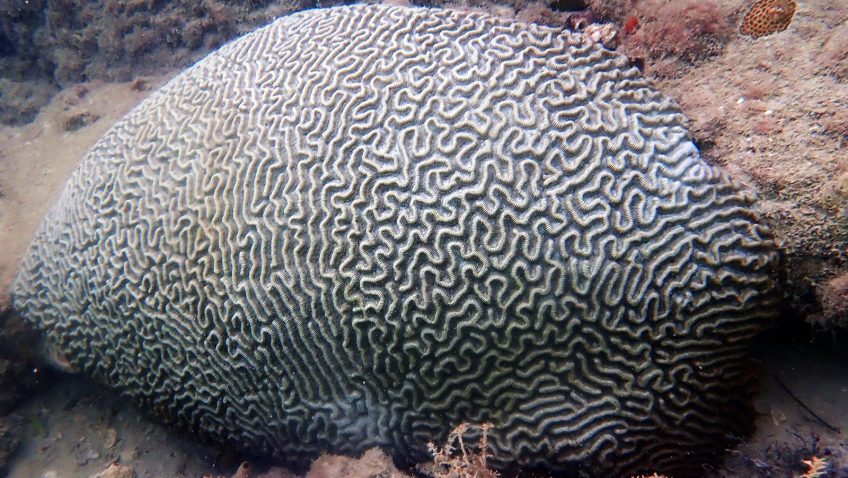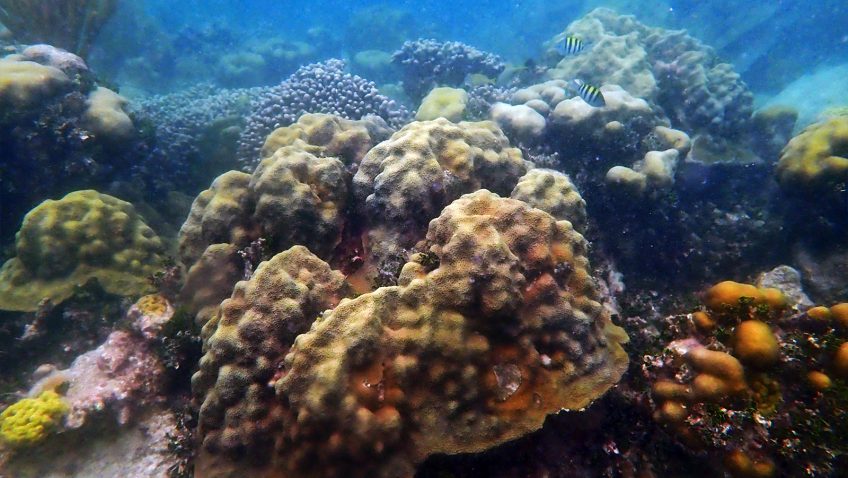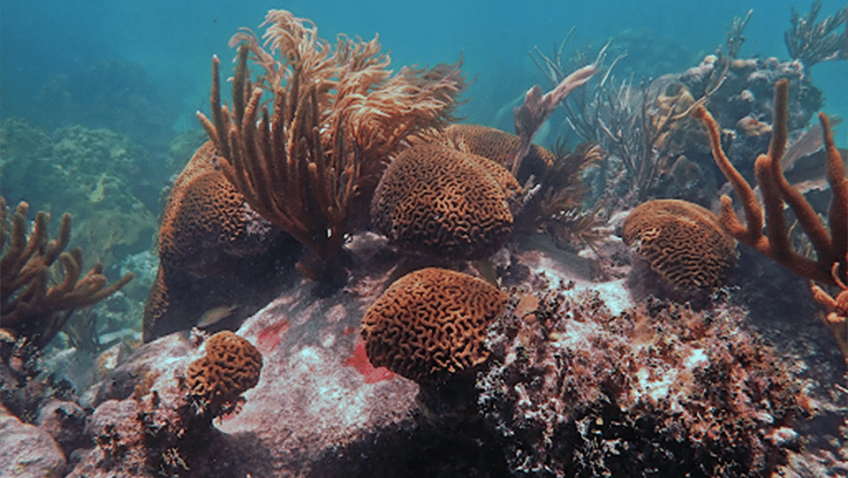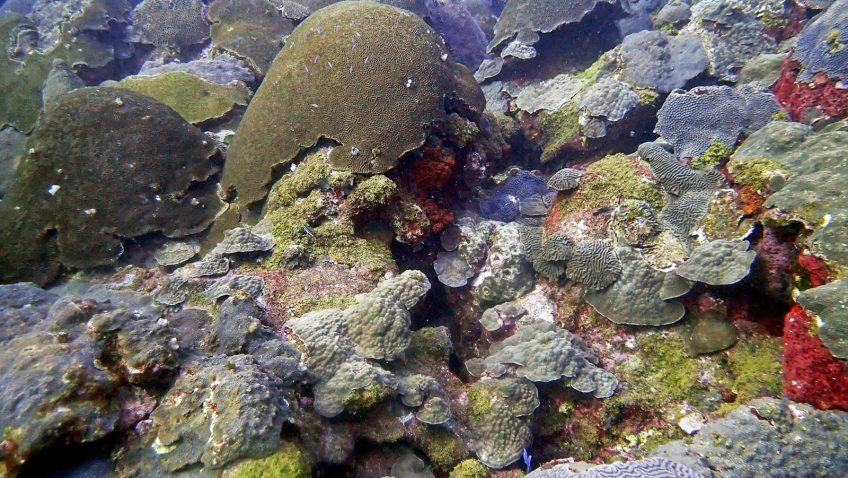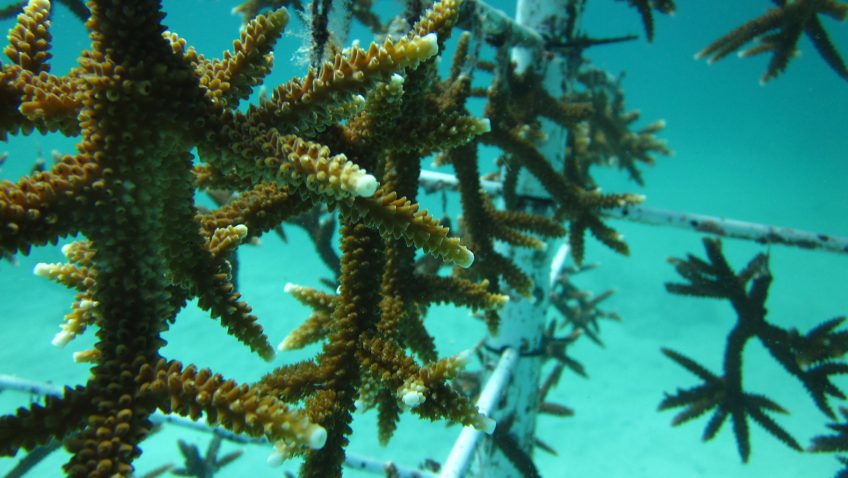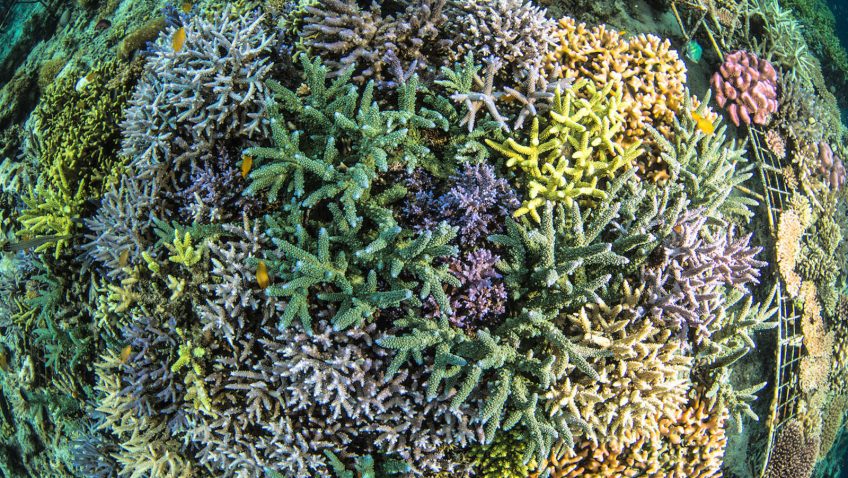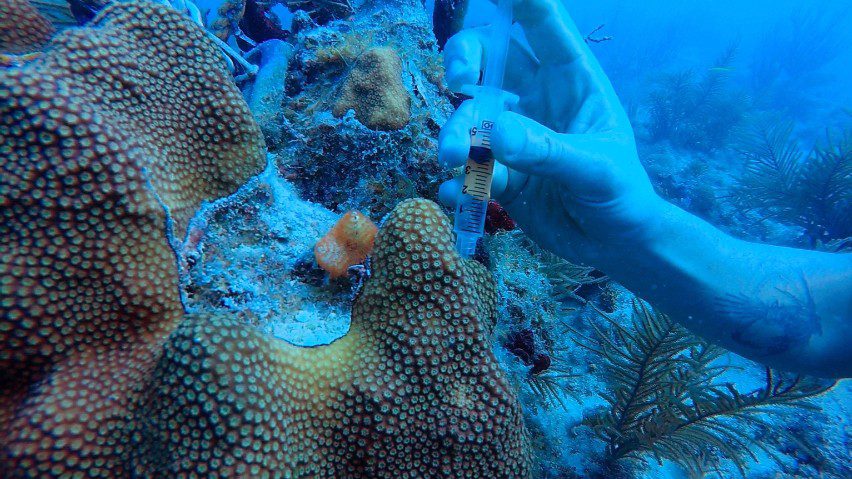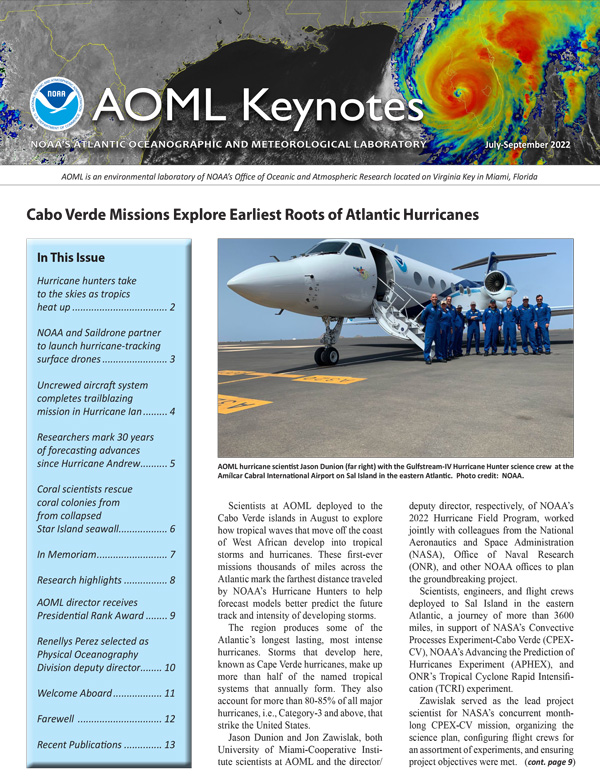Study links spread of deadly coral disease to ship ballast water
This story was adapted from an article by the University of Miami Rosenstiel School of Marine, Atmospheric, and Earth Science. A new study suggests that ships may be spreading a deadly coral disease across Florida and the Caribbean. The findings may help to establish testing and treatment methods to prevent further spread. According to lead […]
